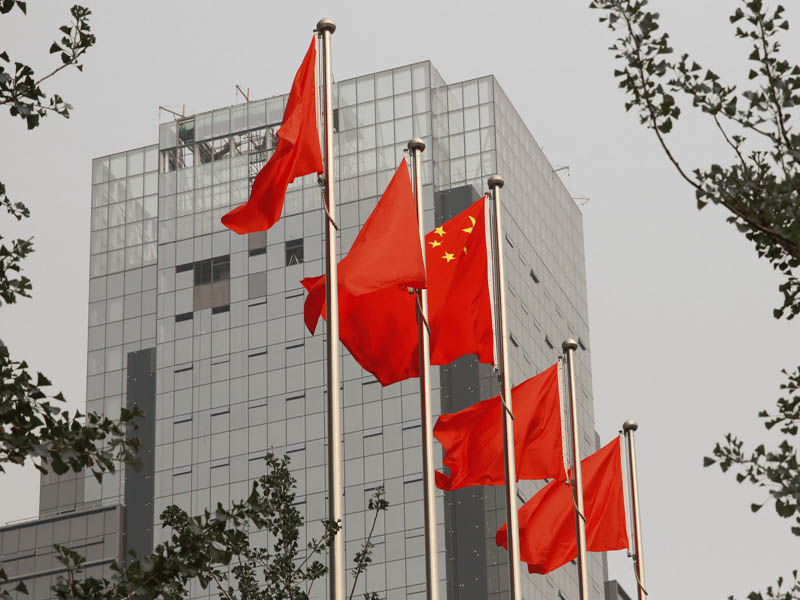The tech sector has been hit by the trade tensions between the US and China with a sharp decline in VC flow, and this will have “harmful ramifications” for Australia, UTS Innovation Council chair Professor Roy Green says.
A new report has revealed that US venture capital investment in China fell to less than $US4 billion in 2019, a six-year low. This was due in part to policy and political uncertainty with the ongoing trade tensions between the two giants, according to the report by Rhodium Group and the National Committee on US China Relations.
The report tracks venture capital trends between the two countries from 2000 to 2019. It found that uncertainty around American companies exposure and activity in the Chinese tech sector has driven down investments.

Chinese venture capital investment in the US also had steep declines in the same time frame, dropping to just $US2 billion in 2019 after reaching $US1.7 billion in just the first quarter of 2018.
The report calls on politicians to “avoid disruption and unproductive decoupling without purpose”.
“US policymakers face important decisions in 2020 that will shape future bilateral VC flows as well as the direction of the broader US-China relationship,” it said.
“The US must more narrowly articulate China-specific security and economic concerns and mitigate these concerns transparently and predictably. The US has an important global leadership role in redrawing national security boundaries for engagement with China, but those efforts will only be effective if allies and other aligned countries follow suit.
“The US must work with allied nations to ensure effective control of sensitive dual use technologies and avoid regulatory arbitrage.”
The drop in venture capital flow between China and the US won’t lead to more funding becoming available for Australian tech companies, and would instead by damaging for the local sector, according to Professor Green.
“What this data shows is that the US-China trade war is in reality a tech war – a battle for technological supremacy between an established world economic power and a rapidly rising one,” Professor Green told InnovationAus.
“Added to this, national security considerations are being used in an indiscriminate way to reverse the productive integration of the US and China economies, with harmful ramifications for all those involved, including Australia.”
“The apparent scaling back of venture capital investment between the US and China is unlikely to ‘free up’ investment for Australia as this is not a zero-sum game. It simply reduces the growth opportunities for everyone.”
China is rapidly becoming a tech powerhouse, with large amounts of VC funding on offer, Professor Green said.
“The idea that technology is a one-way flow from the West to China has long been superseded by the immense investment by the latter in science, research and innovation, including through venture capital financing,” he said.
“This is recognised by Australian academic researchers whose level of collaboration with Chinese researchers now almost matches that with our traditional US partners.”
Last week the US and China signed phase one of a new trade deal, delaying new tariffs that President Donald Trump had been set to implement. The deal also rolls back existing tariffs on Chinese goods.
Do you know more? Contact James Riley via Email.

